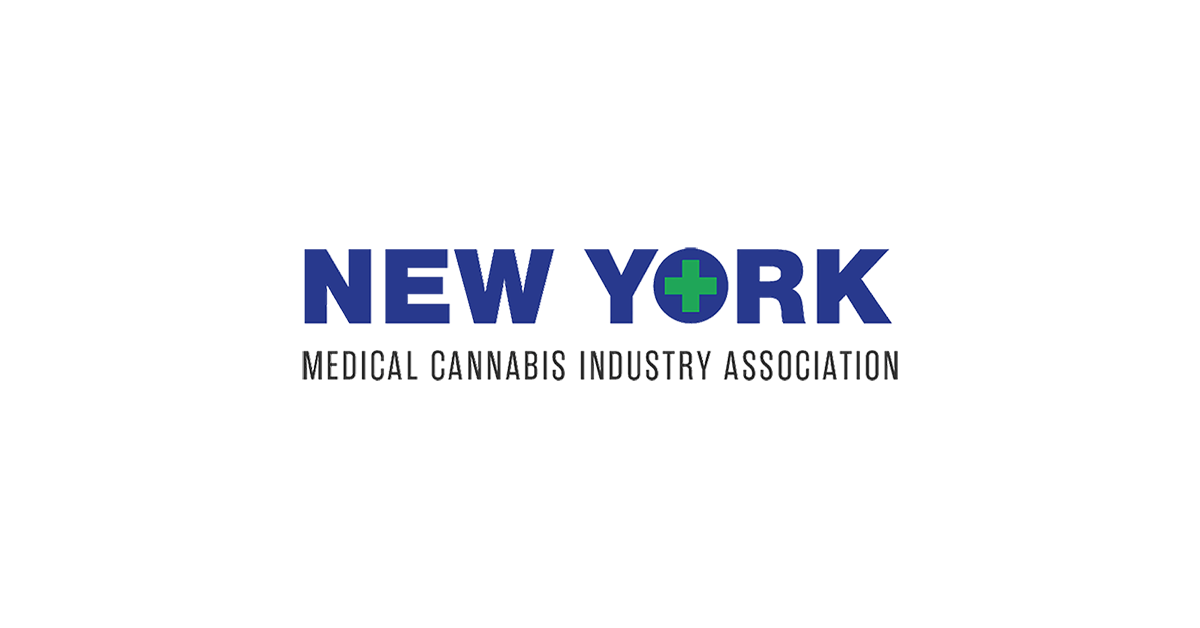Op-Ed: Hochul Can Save NY's Legal Weed Market
Sept. 21, 2023
By Dan Depew
Mired in legal challenges, delays and regulatory setbacks, but with the potential to create thousands of family-sustaining union jobs and millions in much-needed annual tax revenue, New York’s adult-use cannabis market needs a hero to save it before it goes up in smoke.
Almost a decade ago, the Empire State took the first step toward establishing a legal cannabis market by green lighting the plant for medical use. A costly process was created that included restrictive rules and nonrefundable application fees. It also mandated those who secured licenses must invest in local union labor to build and staff their facilities.
Some intrepid applicants jumped through the hoops, paid the fees, and stretched hard to find investment dollars since traditional bank loans were impossible as cannabis remains illegal at the federal level. A few licenses were issued. But the process quickly became more complicated and costly delays ensued. Several early entrants exited the market as a result.
Those who remained stuck in out in part due to the promise that the adult-use market held. When and if New York expanded its cannabis program, the assumption was that medical operators — as they had in other states — would be well placed to help launch an economically viable, equitable, and safe recreational marketplace.
But instead of letting cannabis producers finally get the return they sorely needed, the state created a fresh set of toll booths and barricades.
Cannabis regulators took roughly two years to craft a set of rules and regulations for the cannabis industry — a task other states tackled with little problem. They’ve tried to solve every social and economic injustice along the way, resulting in stalled decisions and multiple court battles that are effectively holding the industry hostage.
Today, the New York market for medical cannabis consumers remains extremely limited, with a scant 120,000 people registered in the program. Due to the state’s consistent inaction, the medical cannabis program is dying on the vine, with companies laying off staff both in New York and across the nation, and scaling back or cancelling construction projects that would have employed union workers right here in the Hudson Valley for many months, if not years.
While union labor, medical cannabis companies, patients, distressed farmers and adult-use consumers are all squarely in the “loser” column as a result of the state’s cannabis market failures, illegal operators are clearly winning.
Due to largely ineffective state and municipal crackdown efforts, unlicensed cannabis dispensaries are thriving across New York, with an estimated 1,400 in the five boroughs of New York City alone. These illegal operators are putting consumers at risk, selling untested and potentially contaminated products, while also depriving communities of millions of dollars in tax revenue — some of which is legally earmarked for those disproportionately impacted by the war on drugs.
New York’s legal adult-use cannabis market holds enormous promise. Once it is fully operational, it could generate billions of dollars in revenue every year. But so far, a well-regulated, safe, and economically viable cannabis industry remains elusive in this state, with less than two dozen legal dispensaries up and running from Long Island to Buffalo.
There’s only one person who can fix this mess: Gov. Kathy Hochul.
Only the governor has the power to force the multiple bureaucracies overseeing New York’s cannabis market to get on the same page. Only she can ensure that the medical cannabis companies, which are ready and able to bring a safe and regulated supply of cannabis to market are supported and able to do so.
We need her to step up, be the hero we know she can be and set a quick deadline to get this done.
Read the opinion article on LoHud.
Dan Depew is director of business development for Holt Construction, one of the country’s premier construction management and general contracting firms.
